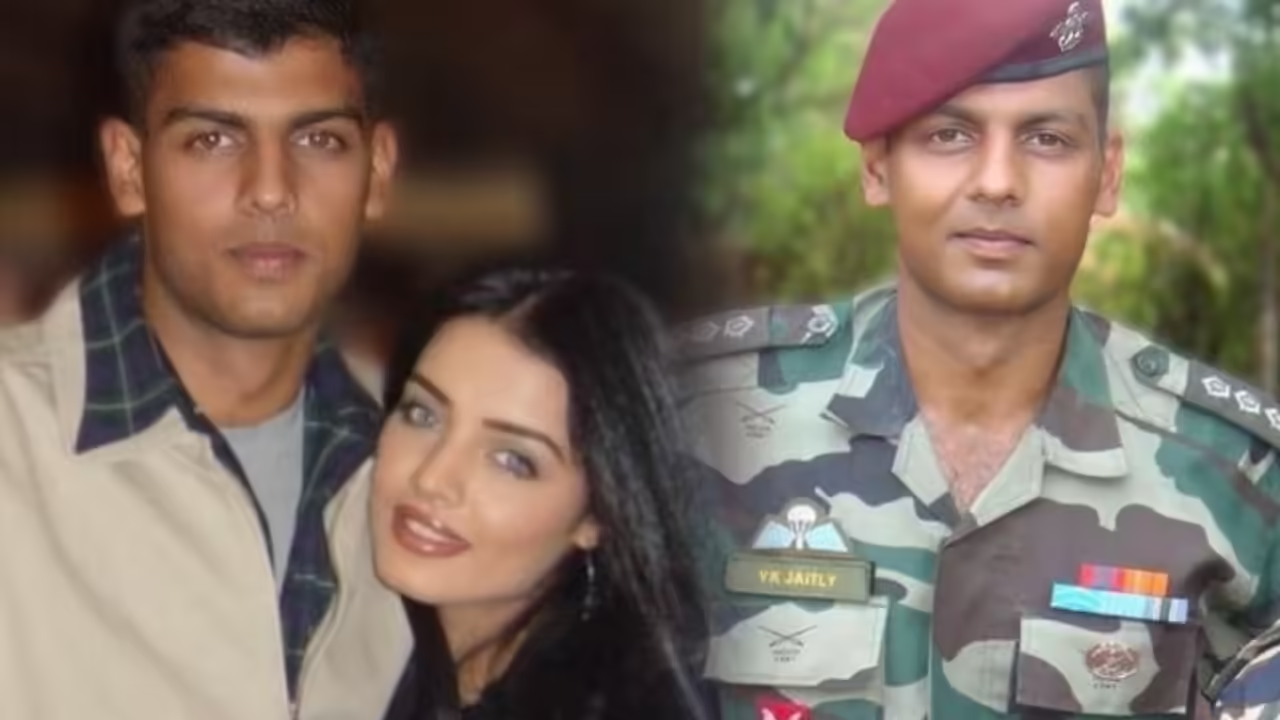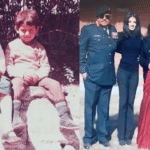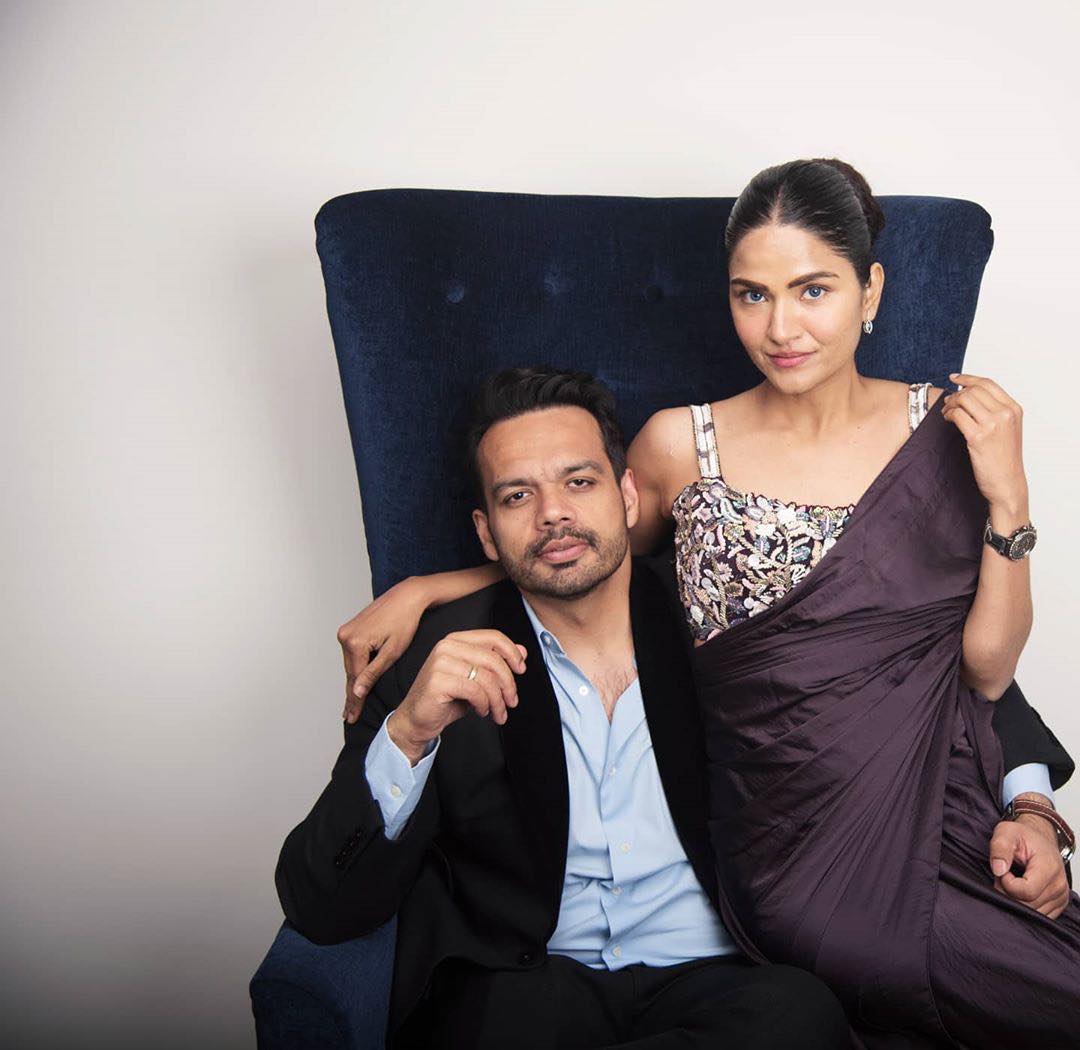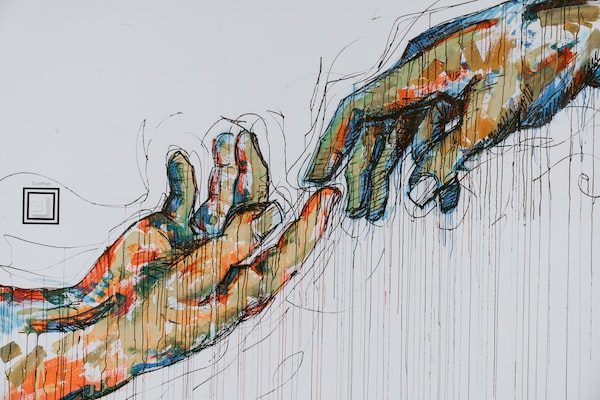Vikrant Kumar Jaitly is a retired Major of the Indian Army who has recently come into the spotlight due to his detention in the United Arab Emirates (UAE). A fourth-generation soldier from a family with deep military roots, his story weaves together themes of service, expatriation, and diplomatic challenge. His sister is Bollywood actor Celina Jaitly. This article presents what is publicly known about his background, service, life after the army, the detention case in the UAE, and the wider implications for Indian veterans and citizens abroad.
Table of Contents
Background & Military Service
Family and Early Life
Information on Vikrant Jaitly’s early childhood, schooling and commissioning is limited in the public domain. What is reported is that he hails from a family with several generations of military service — his sister Celina Jaitly refers to him as a “fourth-generation soldier, son, grandson & great-grandson of war-veterans.”
Military Career
While specific details of his commissioning, unit, years of service, rank progression and operations served are not comprehensively documented in publicly available sources, it is reported that he served in the Indian Army and retired with the rank of Major.
According to a blog article summarising the case, he was described as a “former Para special forces officer decorated with the Chief of Army Staff (COAS) Commendation for Gallantry.”
Celina Jaitly’s plea also states he “has given his everything, his entire youth, in the service of our nation.”
These details suggest a distinguished (though not fully documented) service career with possible involvement in special operations or elite forces, though independent confirmation of each claim is lacking in widely accessible sources.
Retirement from Army
The exact date of his retirement from the Indian Army is not publicly clarified.
After retirement, he appears to have moved abroad (to the UAE) and taken up civilian employment, which is atypical but not unprecedented among Indian veterans seeking opportunities abroad.
Life After the Army — Move to UAE
Relocation & Employment
According to petitions filed in the Delhi High Court, Vikrant Jaitly has been residing in the UAE since 2016.
He was reportedly working with a firm named MATITI Group (described as a trading, consultancy and risk-management firm) until the time of the detention.
His relocation and employment abroad indicate a transition from military service to civilian expatriate life — a path taken by some veterans but also one that may carry unique risks, especially when they reside in jurisdictions with divergent legal safeguards.
The Expatriate Context
Indian veterans moving to the Gulf or UAE region for employment is not uncommon, particularly for roles involving security consultancy, logistics, risk management, or offshore operations, given their skill-sets.
However, foreign jurisdictions — especially the Gulf states — may impose strict national-security laws, residency regulations, and labour rights which differ markedly from Indian domestic norms.
The case of Major Jaitly underscores the vulnerabilities that can arise when military-trained nationals reside overseas, particularly if their activities or presence intersect with foreign state sensitivities or legal frameworks.
Detention in the UAE — Timeline & Legal Issues
Alleged Circumstances of Detention
According to the petition filed by Celina Jaitly, Vikrant Jaitly was “illegally abducted and detained” in the UAE since 6 September 2024.
He is alleged to have been in a state of “enforced disappearance” for nine months before being officially recognized as detained.
The petition asserts that despite repeated representations by the family to the Indian authorities (Embassy, Consulate, Ministry of External Affairs), no substantive information about his condition, legal status or welfare has been provided.
Legal & Diplomatic Developments
On 3 November 2025, the Delhi High Court heard the petition and issued directions to the Ministry of External Affairs (MEA) to take immediate steps:
Provide legal assistance to Jaitly.
Ensure consular access and communication between Jaitly, his sister (Celina) and his wife (residing in the UAE).
Appoint a nodal officer to coordinate between the family, Indian authorities and the UAE authorities.
The Court set a deadline for the MEA to file a status report by 4 December 2025.
Core Legal Issues
The matter raises fundamental questions of consular protection: An Indian national, a veteran soldier residing abroad, reportedly detained without full communication with his family—what is the Indian government’s obligation?
The petition argues that the Indian State has a continuing constitutional and moral duty “to protect its citizens who are detained abroad” and cannot remain a passive observer.
It also highlights concerns over due-process rights, transparency, consular access as per Vienna Convention norms, and the treatment of veterans abroad who may be vulnerable.
Family Statements & Public Appeal
Celina Jaitly, in a social-media post, described the court order as a “ray of hope” after 14 months of uncertainty.
She emphasised that her brother is “a veteran Indian Army, Infantry, 3 Para, Special Forces” (though this specific unit designation appears only in the petition text and is yet to be independently corroborated).
Significance & Implications
For Indian Veterans Abroad
Vikrant Jaitly’s case surfaces a lesser-examined dimension: Indian veterans choosing careers or residence abroad — how are their rights safeguarded?
The militarised training that veterans carry may expose them differently in foreign jurisdictions, particularly if national-security considerations arise.
The case may stimulate policy discussions on expatriate veterans, their support networks, consular safety nets, and post-service career transitions.
For India’s Diplomatic and Consular Framework
The Delhi High Court’s directions underscore judicial oversight on governmental obligations toward citizens abroad.
The case may compel stricter frameworks for diplomatic monitoring, legal aid, and welfare of Indian nationals detained overseas—military or civilian.
It also raises awareness that service in the armed forces does not immunise one from geopolitical or legal vulnerabilities abroad.
Wider Public & Media Context
The involvement of a Bollywood actor as petitioner brings public visibility and media pressure to the case, thereby amplifying scrutiny of the MEA, Indian Embassy in UAE and legal mechanisms.
The narrative of a soldier-turned-expatriate facing detention presents a compelling human interest story, intersecting service, sacrifice and rights.
Gaps, Uncertainties & Open Questions
There is limited publicly verifiable information regarding Jaitly’s exact service record: dates of commission, unit, operations, decorations (like COAS Commendation for Gallantry) remain partially unconfirmed.
The specific legal charges or grounds of detention in the UAE have not been disclosed in the public domain (beyond references to “national-security” concerns).
Details of his employment and activities in the UAE (from 2016 onward) are sketchy — what his exact role in the firm was, what contract terms, what involvement (if any) could have triggered foreign legal action.
The current status of his welfare, location, health condition, and access to counsel remain unclear pending further disclosures, consular access or court-mandated reporting.
Whether his military background or veteran status influences his detention or treatment in the UAE is not officially confirmed.
What Comes Next?
Monitoring the next hearing (scheduled for 4 December 2025) where the MEA must file its status report and indicate steps taken.
Possible diplomatic engagement between India and the UAE to resolve the detention or secure release/transfer, depending on the legal framework in UAE.
For families of veterans abroad: Observing whether this case triggers institutional changes (such as better data-tracking of veterans overseas, consular outreach protocols, veteran diaspora platforms).
Media and public-interest follow-up to hold authorities accountable for disclosure, transparency, and consular safeguards.
Legal scholars may examine whether this case sets precedent for how Indian courts respond to detentions of Indian nationals abroad, especially veteran soldiers.
FAQs
Q1: Who is Vikrant Kumar Jaitly?
A: Vikrant Kumar Jaitly is a retired Major of the Indian Army (reportedly of 3 Para Special Forces or similar unit) who served his country and then moved to the UAE in 2016 for employment. He is the brother of actor Celina Jaitly.
Q2: Why is his case in the news?
A: His case is in the news because he has allegedly been detained in the UAE since September 2024 for national-security concerns, with limited communication to his family, prompting his sister to petition the Delhi High Court for consular, legal and welfare support.
Q3: What has the Delhi High Court ordered?
A: The Delhi High Court directed the Ministry of External Affairs (MEA) to provide legal assistance, appoint a nodal officer for coordination, facilitate communication between him and his family, and file a status report by 4 December 2025.
Q4: What was his career prior to the detention?
A: After retirement from the Indian Army (exact date not publicly clear), Jaitly relocated to the UAE in 2016, working with the MATITI Group (a consultancy/trading firm). His military service reportedly included special forces and was decorated.
Q5: What are the concerns of his family?
A: His family alleges that despite multiple representations, they have not been able to talk to him, have limited access or updates about his condition, and fear that his rights under international consular conventions are being circumvented.
Q6: What does this case tell us about Indian nationals abroad?
A: It highlights that Indian citizens, including ex-servicemen living abroad, may face legal and consular risks in foreign jurisdictions. It underscores the importance of robust diplomatic, legal and welfare support mechanisms for citizens detained abroad, especially when they have prior service backgrounds or reside in sensitive regions.
Q7: What is not yet known publicly?
A: The exact legal charges against Vikrant Kumar Jaitly in the UAE, full details of his military service and decorations, the precise nature of his activities in the UAE, his current welfare/health status, and whether his veteran status has affected his detention are not fully publicly documented.
Conclusion
Vikrant Kumar Jaitly story is compelling and raises important themes: the journey of an Indian soldier transitioning into civilian life abroad; the complexities and vulnerabilities when service-background individuals become expatriates; and the duty of the state to safeguard its citizens even beyond national borders. While many details of his career and detention remain under wraps, the Delhi High Court’s recent intervention offers some hope for resolution and accountability. His case is instructive for policymakers, veterans, diaspora communities and the wider public — signalling that service to the nation does not end with retirement, and that vigilance, welfare and legal safeguards remain essential irrespective of geography.












